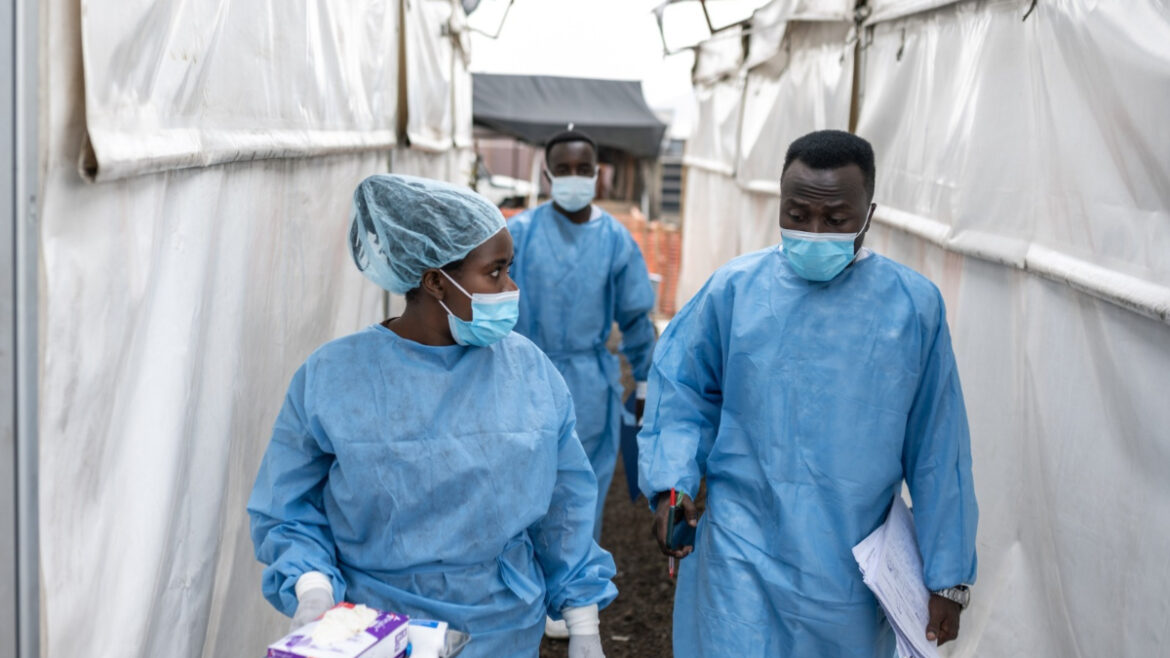The emergence of Monkeypox is causing heightened alarm, with many considering it a more dangerous disease than COVID-19. The sight of Monkeypox-related images is particularly unsettling, as the disease, which previously predominantly affected Africa, is now spreading to Asian countries. Notably, Pakistan has reported an increase in Monkeypox cases, and the situation has escalated with a case now recorded in Pakistan-administered Kashmir, prompting increased caution among residents in Jammu.
The Philippines has also seen cases, leading India to adopt a more vigilant stance. In response to the global rise in Monkeypox cases, the Indian central government has implemented key measures. Airport and seaport officials have been instructed to maintain heightened vigilance. Additionally, the government has mandated the setup of emergency wards in hospitals and issued alerts at airports to address the threat of Monkeypox. Hospitals have been directed to establish isolation wards for patients exhibiting symptoms such as pox-like rashes.
In Delhi, three nodal hospitals—Safdarjung, Lady Hardinge Medical College, and Ram Manohar Lohia Hospitals—have been designated for handling Monkeypox cases. RT-PCR and nasal swab tests will be conducted on suspected patients. Symptoms of Monkeypox typically appear within 5 to 20 days of infection and include high fever, body aches, and reddening of the eyes. In 2022, Monkeypox spread to nearly 100 countries, impacting thousands and resulting in over 200 deaths. While not as lethal as COVID-19, Monkeypox remains a serious concern, especially for individuals with severe pre-existing health conditions.
First identified in 1958, Monkeypox is caused by the Orthopoxvirus and shares similarities with chickenpox, presenting large pox-like rashes. The disease can spread through direct contact with infected individuals, rodents, or other animals. To prevent transmission, frequent handwashing and avoiding contact with rodents and stray animals are recommended. Infected individuals should isolate themselves and wear masks to prevent the spread to others.
While India had previously reported Monkeypox cases, no new cases have been registered recently. As of July 24, 2023, India had reported 27 cases, with 12 in Kerala and 15 in Delhi. Despite no new cases in 2024, the recent development in Pakistan-administered Kashmir highlights the need for continued vigilance.






